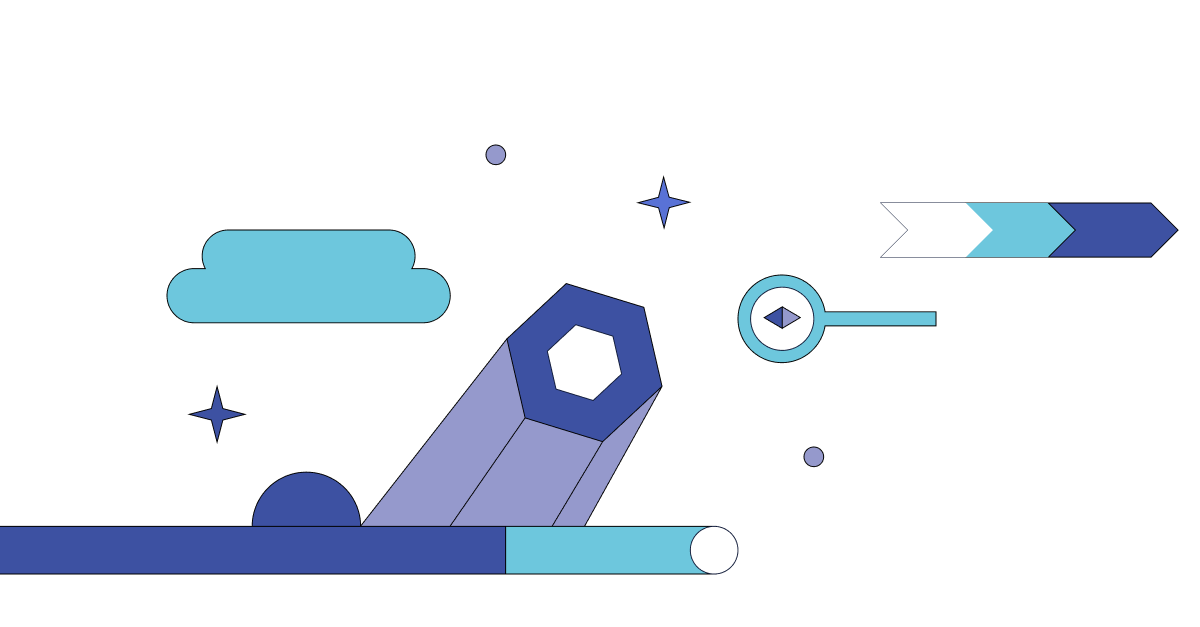Learn how we combined existing solutions with GCP products to deliver a unified view of store orders for Tailored Brands
Our client
Tailored Brands is a leading omni-channel specialty retailer of menswear, including suits, formalwear and a broad selection of business casual offerings. Tailored Brands helps its customers look and feel their best by delivering personalized products and services through its network of stores and e-commerce sites. The company is headquartered in Houston, Texas, with additional corporate offices in Fremont, California.

Business case
Tailored Brands executed a project to integrate information about online orders and inventory needs with existing on-premise systems. In the initial landscape, our client used an on-premise suite of inventory management, point-of-sale, and customer engagement tools from Manhattan Associates aside with Talend tools for data integration.
Our client was transitioning to a GCP-based product from Manhattan Associates known as Manhattan Active Omni and wanted to reduce maintenance complexity by migrating Talend data pipelines to more high-throughput and scalable infrastructure.
The integration effort included interactions between various on-premise systems and bi- directional communication between on-premise systems and GCP based Manhattan Active Omni. The project has been catered to the business need to have a unified view of online and physical store orders.
Value delivered
SoftServe experts created a single view of online orders and inventory needs in a solution that delivered the following:
- 40+ data pipelines migrated to GCP in six months
- Reduced maintenance complexity due to implementation of extensive logging and error reporting
- Pipeline improvement by introducing data quality check and data replay features
- Development lifecycle simplified by providing pipeline templates and introducing CI/CD process
Project description
The most important task for the SoftServe team was migration of 40+ data pipelines from Talend to Google Dataflow. SoftServe started the project from the discovery phase. Our Lead Big Data engineer participated in requirements gathering sessions, architecture discussions and implementation planning activities.
Once the discovery phase concluded, SoftServe had entered the implementation phase, and a team of five big data and devops engineers implemented dataflow data integration pipelines. We reverse engineered Talend pipelines and defined common data processing patterns to implement core Dataflow pipeline templates, which helped us quickly implement the integration of similar pipelines. We also developed and designed a comprehensive CI/CD solution for these pipelines. Once the implementation phase was complete and Dataflow pipelines delivered to production, SoftServe entered the post-production support phase.
Key technologies
Cloud Dataflow was used as the main data integration tool to communicate between on-premise systems and GCP-based Manhattan Active Omni. Google Cloud Dataflow is a fully managed service for executing Apache Beam pipelines within the Google Cloud Platform ecosystem. Dataflow was chosen for this project as it minimizes latency, processing time, and cost through autoscaling and batch processing.
Cloud Storage was used to store any intermediate pipeline data. Cloud Storage is the object storage in Google Cloud and scales to exabytes of data and is distributed for high availability and low latency.
The audit and logging of the messages being exchanged between on-premise and cloud systems would be collected in Stackdriver, a monitoring and logging product in Google Cloud. The collected logs were routed from Stackdriver to Sumo Logic, an existing log analytics platform at Tailored Brands. Apart from exporting the logs to Sumo Logic, Stackdriver alerting and dashboarding capabilities was used to be the first response for any issues with the Dataflow pipelines.
Data exchange between upstream and downstream systems was done via Cloud Pub/Sub, Cloud Storage, JDBC, and on-premise based message brokers like Tibco EMS, IBM MQ, WebSphere MQ.
CI/CD process for the data pipelines was implemented based on Jenkins and Terraform.
LET’S TALK about how SoftServe can help meet your toughest inventory challenges using AI/ML, big data, and cloud solutions.


